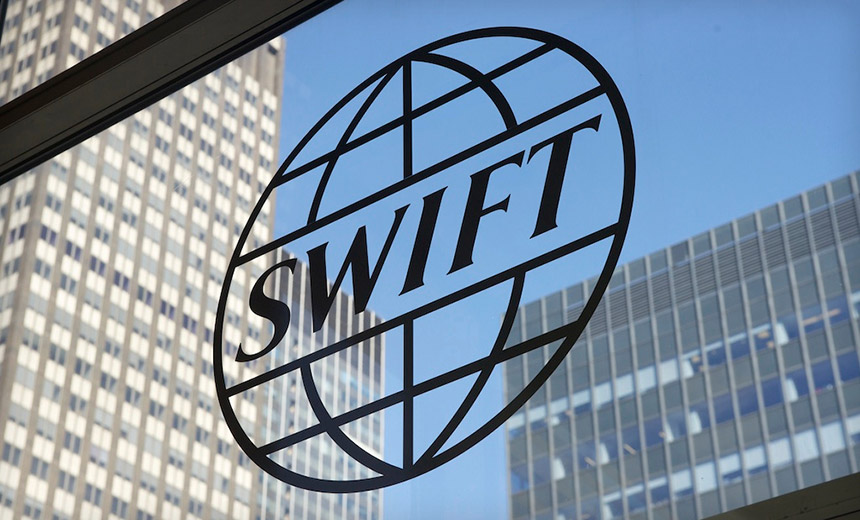Interbank messaging company SWIFT has announced that its project to interconnect central bank digital currencies (CBDCs) has shown “clear potential and value.”
The project, which involved several banks such as BNP Paribas, Intesa San Paolo, and Standard Chartered, as well as French and Singaporean central banks, will now proceed to a second phase.
During the second phase, SWIFT will conduct beta testing and explore further applications such as conditional payments, trade finance, and securities settlement.
The move comes amid a growing interest in CBDCs, with countries like The Bahamas and Nigeria already issuing digital versions of their national currency, while the UK and European Union are considering doing the same.
However, as more countries experiment with different technologies and standards, the risk of fragmentation is also growing. This is where SWIFT’s project comes in, which could help to create faster, cheaper, and more secure cross-border payments.
The International Monetary Fund and Bank for International Settlements have called for central banks to work together on their CBDC projects to reduce the time and cost of making transnational payments.
Lewis Sun, Global Head of Domestic and Emerging Payments at HSBC, said in a statement that the project could lead to “faster, cheaper, and more secure cross-border payments” and help to prevent fragmentation in the CBDC space.
The move towards interconnecting CBDCs could mark a significant step forward in the development of digital currencies and pave the way for a more seamless and efficient global payment system.



